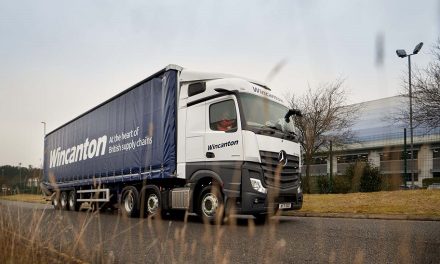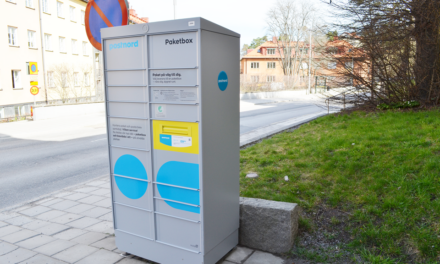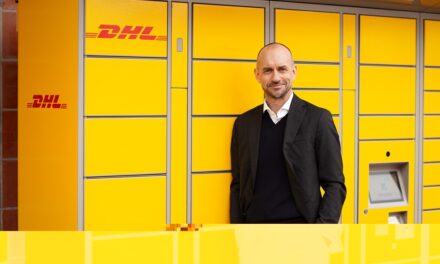
DHL Korea keen to play role in hub
Completion of an air cargo terminal at Incheon International Airport by a global air express company will contribute to Korea’s goal of becoming a Northeast Asian hub, said the head of DHL Korea Ltd.
“We are promoting the Northeast Asian DHL hub by building the biggest cargo terminal at Incheon International Airport,” Bae Kwang-woo, CEO of DHL Korea Ltd, said. “This goal is based on making the best use of the excellent geographical position of Incheon.”
Once completed in August 2006, the cargo terminal would become one of the 78 DHL hubs worldwide and the first in Northeast Asia, the chief executive said. Construction of the 25-square kilometer site is slated to begin July 2005.
Currently, DHL Korea serves as a half-way point station to northeast China, parts of Russia, including Vladivostok, and Ulan Bator, the capital of Mongolia. However, shipments are sorted in Japan, Taiwan and Hong Kong.
The new terminal will take over the sorting, allowing for overnight processing and much faster delivery. “The midnight connection delivery will maximize the worldwide competitiveness of DHL,” said Bae, the carrier’s local CEO since 2001. The Korea hub will save one to three days of delivery time, he said.
While a stronger logistics base would be one attraction for foreign investors in Korea, Bae believes an international cargo infrastructure in Incheon will help the government invest in other businesses as well.
“Korea can carry out a more important role if there is an increase in quantity of freight passing through, as the number of air transportation expands,” he said, adding that this will give his company a chance to raise its competitiveness.
DHL International, a Germany-based company founded in 1969, distributes documents, packages and freight in about 230 countries.
In 1977, DHL became the first international air express supplier to touch down in Korea, contracting with Uni-Ocean Express Ltd. as a general agent for DHL Worldwide Express. DHL Korea now serves 45 cities and towns in Korea with 1,200 employees. The company has more than 50 percent of the domestic and international cargo express market, but competition has heated up with FedEx, UPS and other global delivery companies all offering similar services.
“The bright outlook of the industry has attracted many companies into the market, but now the overheated competition has led to a drop in profit,” said Bae. “Express companies need to make ceaseless efforts to develop ideas and bring in advanced shipping services to lift competitiveness.”
Despite the overcrowding, Bae is optimistic about the future of Korea’s cargo service industry, with Incheon International Airport at the center of the promising outlook. Still, infrastructure improvement is needed, he said.
“For this, I think there should be close cooperation between the government and enterprises, especially in the area of systematic support,” said Bae. “Our government should expand the information system aimed at building an organized and strategic cargo system, as well as restrict tax policies hindering the cargo industry.”













